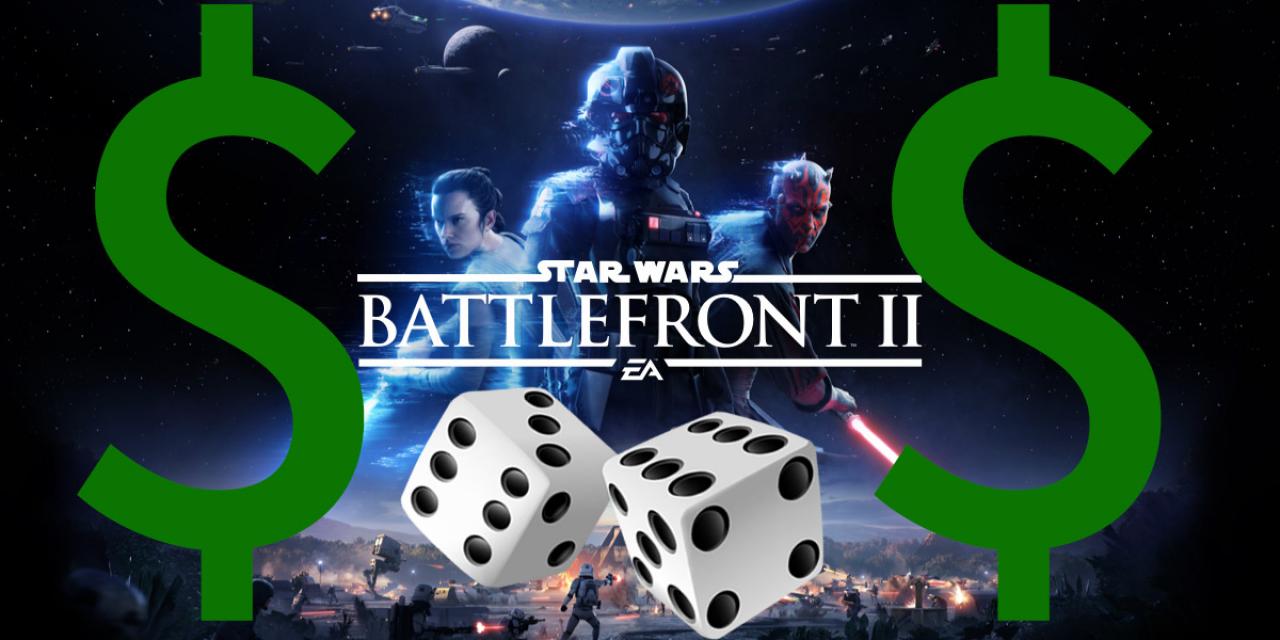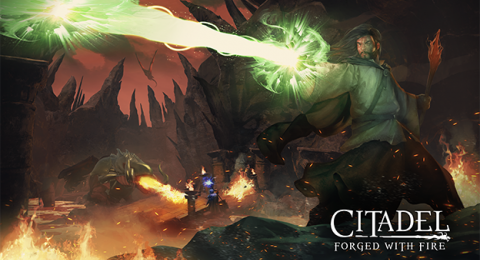
Following the tumult of bad press on and offline that EA has received for its microtransactions, currencies, loot crates and grindy progression in Star Wars: Battlefront II, the publishing giant has pulled all microtransactions from the game, making it so that only in-game progression can unlock some of the star cards and characters that were previously only available after many hours or play or, funnily enough, paid for transactions.
However, the move is only temporary.
"As we approach the worldwide launch, it's clear that many of you feel there are still challenges in the design," DICE said in a statement (via Hexus). "We’ve heard the concerns about potentially giving players unfair advantages. And we’ve heard that this is overshadowing an otherwise great game. This was never our intention. Sorry we didn’t get this right."
"We hear you loud and clear, so we’re turning off all in-game purchases. We will now spend more time listening, adjusting, balancing and tuning. This means that the option to purchase crystals in the game is now offline, and all progression will be earned through gameplay. The ability to purchase crystals in-game will become available at a later date, only after we’ve made changes to the game. We’ll share more details as we work through this."
Removing micro-transactions this close to the game's release will undoubtedly mean a loss in revenue for developer DICE and publisher, EA. However, there's no word in this announcement whether the grind-heavy gameplay progression will remain and with EA promising that crystals will return at some point, there's no guarantee that the game will stay play-to-win (rather than pay-to-win) for long.
This move also doesn't remove the loot crates, or the star cards, or the massive gameplay imbalances for heavily experienced players. While at least the game can't shame you into paying out for more, it still encourages gambling through crates and paying for heroes in a truly immersion breaking currency system.
The game won't milk its fans for money, but that still doesn't mean its progression system isn't a complete mess.
This move will definitely help the game's image, but it may not go far enough. Although the game is undoubtedly going to be popular, its poor pre-launch perception may have irreparably harmed its image enough to impact sales. Hopefully, that's the case, as the only way to hit these companies is in the wallet. Until that happens, these kinds of loot box mechanics will continue to perforate popular gaming.








